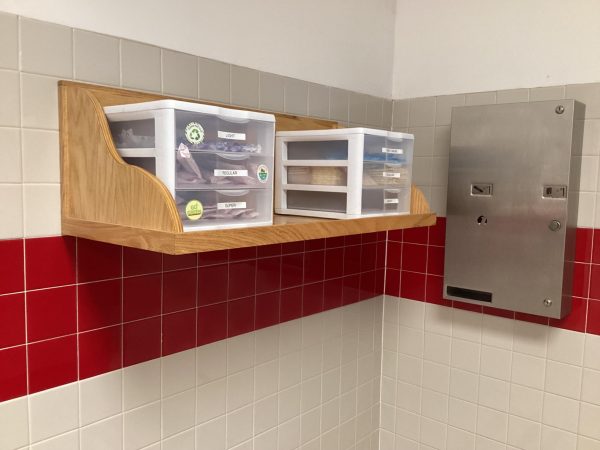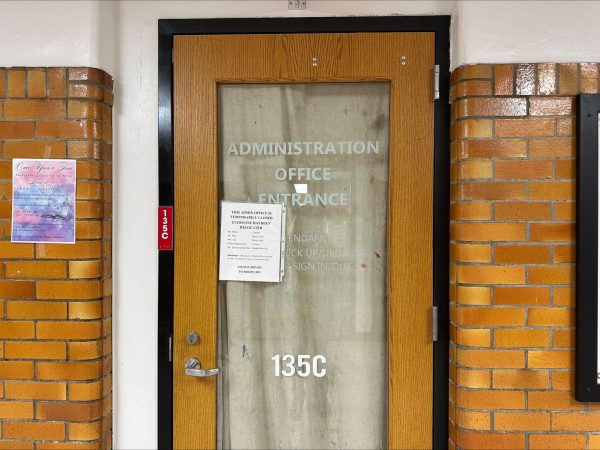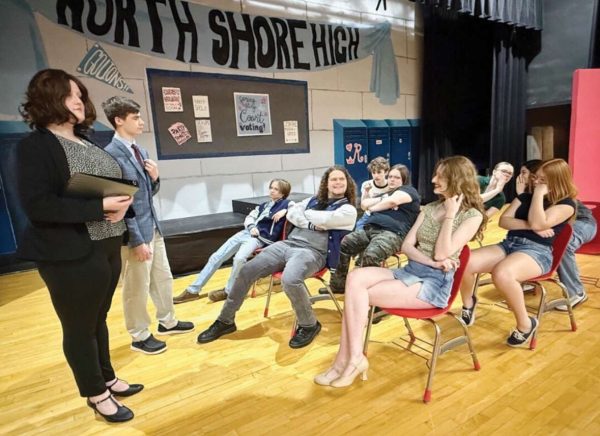Student Journalists have Earned the Right for Protection
Freedom. It’s what Americans are most proud of. The freedom of religion, speech, to assemble, to petition the government, and freedom of the press. The constitution guarantees these five basic rights to all Americans, so why is it different for student journalists?
The fight for student press freedom began in 1969 with the case Tinker v. Des Moines. As a protest against the Vietnam War, students in Iowa wore black armbands to school. They continued with this protest after being told by their principal beforehand that any student who participated would be suspended. The U.S. Supreme Court later ruled 7-2 that students and teachers had a right to free speech. So where did it go wrong for student journalists?
In the 1988 case Hazelwood School District v. Kuhlmeier, the court ruled that administrators at Hazelwood East High School had the right to censor articles covering teen pregnancy and the effects of divorce on children. Although the Court ruled that administrators did not have unlimited rights to censor articles, it changed the freedom and rights provided to student journalists. Today, the ability of students to speak freely at colleges and public high schools is often updated and debated.
Beginning last year, State Senator Mike Azinger introduced New Voices legislation in the WV Senate. Currently known as the Student Journalist Press Freedom Protection Act, the bill, Senate Bill 121, helps to protect all student journalists from censorship. Additionally, it protects advisers who protect their students from censorship restrictions. Under the proposed legislation, student journalists are still restricted from using “obscene language” in their stories. Currently, only 16 states have adopted New Voices legislation.
So why is student press freedom so important? Journalists inform the public about everything from local news, such as the latest car wreck, to national stories such as the presidential elections. Imagine what would have happened if Woodward and Bernstein had been restricted from investigating the Watergate scandal. Without a journalist willing to investigate, some of the most important news would remain undiscovered and unreported. Student journalists should be protected to write about any topic they wish, from covering the latest basketball game to an opinion on the school’s dress code. They have the duty to inform the student body about everything going on around campus, from the next blood drive to prom. Journalism is an important form of student self-expression.
It is usually the most important stories that get restricted. According to the Student Press Law Center, the topics that have had the most censorship included politically based articles, COVID-19 and the response, and race.
At The Journal, we are incredibly fortunate to have a principal who is supportive of press freedom. However, some schools aren’t as lucky. A yearbook staff in Minnesota was banned from including photos where students were maskless, or not social distancing. Another yearbook staff had to stop distribution of their book because it included a spread about the Black Lives Matter movement. It’s not just high schools who face censorship. Writers at the college level were also censored from covering the COVID-19 response at their school, specifically writers at James Madison University. The staff was blocked from publishing data surrounding the recent pandemic. Administrators listed FERPA and HIPAA violations as the reason. All of these cases and many more are listed on the Student Press Law Center website.
We encourage our representatives in Charleston to support SB 121 so that student journalists have the ability to write and publish the stories that are important to our students. The bill has already passed the Senate unanimously; it will now be voted on by the House Education Committee in the coming days. Please contact the members of the House Education Committee and ask them to vote yes on SB 121.
To learn more about the new legislation being introduced, visit splc.org.

Anna Earl is a senior and has been on the newspaper staff for three years, serving this year as editor in chief. She spends most of her time in the journalism...











